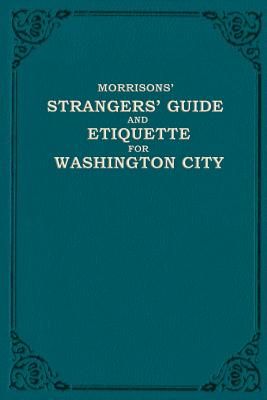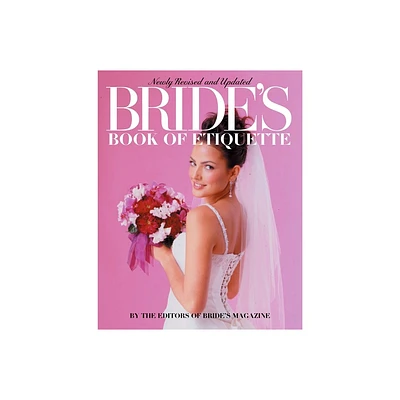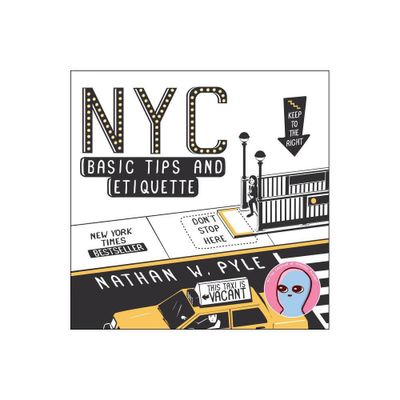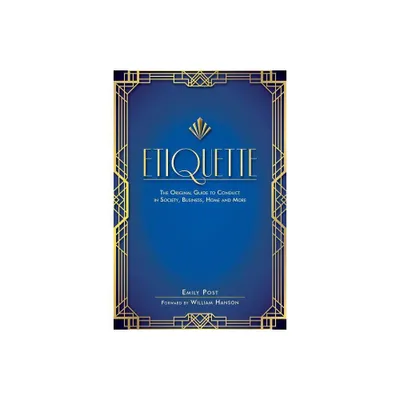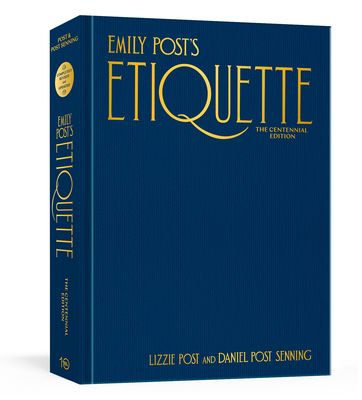Home
The Ballad of Etiquette
Loading Inventory...
Barnes and Noble
The Ballad of Etiquette
Current price: $19.99


Barnes and Noble
The Ballad of Etiquette
Current price: $19.99
Loading Inventory...
Size: OS
*Product Information may vary - to confirm product availability, pricing, and additional information please contact Barnes and Noble
Working in a field so ripe for parody as
spoken word
efforts takes, then as now, not a little bit of guts to see it through.
Richard Jobson
was barely out of his teens when
The Ballad of Etiquette
started coming together, but as his first full-length effort outside of
the Skids
it's an often entrancing release, not least because of his excellent backing band.
Virginia Astley
's flute and piano parts and the multi-instrumental work of
Josephine Wells
, notably on clarinet, as well as the brilliant
John McGeoch
's acoustic guitar work, provided a lovely, reflective bed of music suggestive of 1920s-style elegance more than beatnik coffeehouse jams. In a way
Jobson
wasn't even taking center stage on his own album -- the first things you hear are piano and clarinet on
"India Song"
for about a minute and a half, and unlike so many would be
Allen Ginsbergs
(or, more aptly,
Jim Morrisons
) he works with rather than against the accompaniment. Perhaps the beautiful drama of
"Anonymous"
is the best example, with his wordless singing setting the initial tone rather than his poetry. That said
's own delivery is often strikingly harsh -- not shouted or ranted, certainly, but roughly declamatory, a surely intentional contrast to the music. His poetic imagery is defiantly dreamlike, portraying sketches of romantic melodrama in strange settings or internal monologues. One of his most striking efforts is the stark, percussion-only
"Night of Crystal,"
an imagined dialogue between Nazi leaders
Albert Speer
and
Josef Goebbels
, while selections by
Debussy
Satie
were reworked on the album -- not to mention a surprising take on the
jazz
standard
"Stormy Weather."
[
LTM
's 2006 reissue adds six tracks, including various pieces, live and studio, recorded before
and released on compilation albums, notably including
"Armoury Show,"
which would eventually provide the name of
's post-
Skids
band, and a fierce version of
Sylvia Plath
's
"Daddy"
(with some hilariously timely references to
Ultravox
"Vienna"
to boot).] ~ Ned Raggett
spoken word
efforts takes, then as now, not a little bit of guts to see it through.
Richard Jobson
was barely out of his teens when
The Ballad of Etiquette
started coming together, but as his first full-length effort outside of
the Skids
it's an often entrancing release, not least because of his excellent backing band.
Virginia Astley
's flute and piano parts and the multi-instrumental work of
Josephine Wells
, notably on clarinet, as well as the brilliant
John McGeoch
's acoustic guitar work, provided a lovely, reflective bed of music suggestive of 1920s-style elegance more than beatnik coffeehouse jams. In a way
Jobson
wasn't even taking center stage on his own album -- the first things you hear are piano and clarinet on
"India Song"
for about a minute and a half, and unlike so many would be
Allen Ginsbergs
(or, more aptly,
Jim Morrisons
) he works with rather than against the accompaniment. Perhaps the beautiful drama of
"Anonymous"
is the best example, with his wordless singing setting the initial tone rather than his poetry. That said
's own delivery is often strikingly harsh -- not shouted or ranted, certainly, but roughly declamatory, a surely intentional contrast to the music. His poetic imagery is defiantly dreamlike, portraying sketches of romantic melodrama in strange settings or internal monologues. One of his most striking efforts is the stark, percussion-only
"Night of Crystal,"
an imagined dialogue between Nazi leaders
Albert Speer
and
Josef Goebbels
, while selections by
Debussy
Satie
were reworked on the album -- not to mention a surprising take on the
jazz
standard
"Stormy Weather."
[
LTM
's 2006 reissue adds six tracks, including various pieces, live and studio, recorded before
and released on compilation albums, notably including
"Armoury Show,"
which would eventually provide the name of
's post-
Skids
band, and a fierce version of
Sylvia Plath
's
"Daddy"
(with some hilariously timely references to
Ultravox
"Vienna"
to boot).] ~ Ned Raggett



